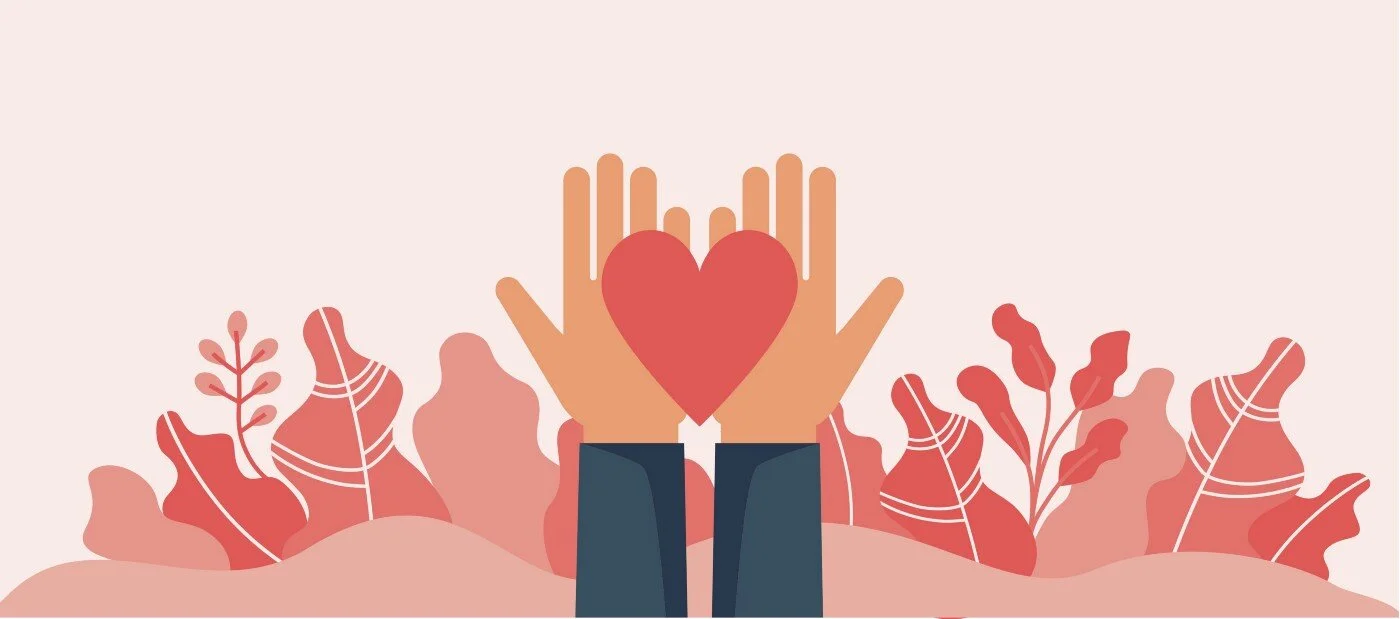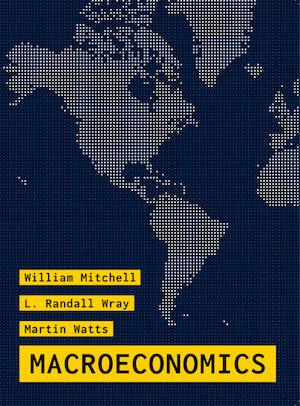Australians with disability represent some of the most excluded of all Australians in relation to the impacts of coronavirus. At the same time, many people with disability are particularly at risk from COVID-19, because of barriers that exist to their inclusion, and their need for ongoing support. People with Disability Australia asked people with disability to tell them about their experiences over the last two months, and have released a report on those findings today.
Read MoreGeorgia Lee (a pseudonym), academic and activist, explains how kindness and solidarity are intrinsically linked - and can be the key for a new kind of politics - drawing on the refugees in onshore and offshore detention and the COVID-19 response as examples
Read MoreLast week, Abigail Lewis flagged unanswered questions about Australia’s temporary visa system in the current health crisis, the essential work being done by temporary visa holders in response to COVID-19, and the need for policy flexibility and care for people in limbo during a pandemic that crosses borders.
This week, the University of Melbourne’s Joo-Cheong Tham argues that the Australian Government should give temporary migrants access to JobKeeper.
Read MoreAustralian National University’s Bhiamie Williamson and Francis Markham, as well as Western Sydney University’s Jessica Weir argue, that Aboriginal people, particularly those aged less than 15 years old, are disproportionately affected by Australian bushfires and should therefore have a much stronger presence in all bushfire inquiries going forward.
Read MoreInformation accessibility is a right under that UN Convention on the Rights of Persons with Disabilities (Article 21) and is an area protected by the Disability Discrimination Act in Australia. Yet in the face of the COVID-19 crisis, the immediate reality and implications of this right have never been more apparent for people with disability: having access to good quality, up-to-date information in accessible formats is quite literally a matter of life and death. Dr Ariella Meltzer from the Centre for Social Impact, UNSW Sydney, examines some questions about what providing accessible information in such a crisis means.
Read MoreAs Covid-19 case numbers have been rising quickly in Australia Government responses and recommedations to the public have also been fast moving. In an age where trust in our political institutions is at an all time low Professor John Shine from the Australian Academy of Science argues that in such a fast moving environment transparency must be at the core of Government responses. The Academy has thus called on the Government to make all the data and science underpinning their Covid-19 decisions be made public.
Read MoreAs unemployment surges in the face of Covid-19, advocacy groups are calling for Government to respond by raising the rate of all welfare payments and put an end to the Cashless Debit Card trial. Yesterday the Accountable Income Management Network and the Australian Unemployed Workers Union issued a joint Media Release outlining their calls to the Federal Government. Below are their demands:
Read MoreLeading health and disability researchers in Australia are calling for urgent action from State and Federal governments to develop a targeted response to COVID-19 for people with disability, their families and the disability service sector. In this post originally published by Croakey, Professor Anne Kavanagh from the University of Melbourne and Associate Professor Gemma Carey from UNSW flag risks facing people with disability in this rapidly shifting environment and set out recommendations for government to mitigate those risks.
Read MoreWhen 60 Minutes aired a segment called ‘Does Australia really want to see the end of Down syndrome?’ in August 2017, its Facebook platform was flooded with negative comments about people with Down syndrome and their parents. Belinda Johnson and Dr Raelene West from RMIT University examined the online responses to the program and uncovered confronting views of Down syndrome as an economic burden, a medical burden and a social burden. As they worked their way through comments questioning the right of children with Down syndrome to access publicly funded disability services in light of advances in prenatal testing, for example, the authors began to question the extent to which derogatory and ill-informed comments that push people with disabilities into an exhausting and endless process of justifying their existence should be tolerated in the name of free speech. Their findings were recently published in the Journal of Sociology.
Read MoreMy experiences as a ‘job seeker’ reinforce the view that jobactive should be shut down. I chose the jobactive provider because I had heard its senior managers boasting about the skills of their staff. To keep things fair, I told the workers I met about my knowledge of employment services and that I was taking notes of every appointment. These notes were so I could check what they told me to do was technically correct in relation to the guidelines and Social Security Act. Here’s a short account of what happened in the 4 months I was job seeker.
Read MoreGerry Hamill from UK NGO First Time Inside helps new prisoners prepare for incarceration through ‘rehabilitation’. In this blog, Gerry reflects on the uses and abuses of people with ‘lived experience’ in the social service sector.
Read MorePeople over the age of 65 who develop a motor neurone disease (MND) can have difficulty accessing technology that can provide them with greater quality of life and independence, because they are not eligible for the NDIS. In today’s piece, Carol Birks (@CEBirks), Ben O’Mara (@BenOMara), and Morag Millington, all of MND Australia (@MNDAustralia) outline the need and propose cost-effective solutions for providing assistive technology to older Australians in need. This piece originally ran in The Mandarin.
Read MoreWe need to provide much better health services to people leaving prison. Epidemiologist Dr Kathryn Snow (University of Melbourne and the Murdoch Children’s Research Institute) explains why the “good luck system” for prison leavers doesn’t make sense from either a financial or a human rights perspective.
Read MoreKanika Samuels-Wortley, scholar at the University of Waterloo, reveals stories of police violence and prejudice towards Indigenous and Black populations, and explains why understanding these experiences is critical for justice and equity.
Read MoreThis blog is the first in a series examining narration and renarration as regulation from the School of Regulation and Global Governance (Regnet) at ANU. Here, Miranda Forsyth and Philip Gibbs tell us what we can learn from attempts to curb sorcery accusation related violence in PNG.
Read MoreAs part of her popular Green New Deal platform, the US member of Congress Alexandria Orcasio-Cortez has been utilising Modern Monetary Theory (MMT) to explain how governments can fund environmental policy reforms. But could MMT also be used by the social sector as a message frame to promote social policy reform? In today’s blog post Dr Andrew Joyce from the Centre for Social Impact and Celia Green from UNSW discuss the how the social sector could leverage insights from MMT to promote paradigm shifting social policy reforms.
Read MoreIn the past, the greatest health challenge for young people was to survive childhood. Thankfully, in most of the world this is no longer the case. However, the big health issue now for young people is mental health. Consulting with experts and stakeholders around the world, the Global Youth Mental Health Framework project will provide guidance for funders about the costs of investing, and the costs of not investing, in youth mental health. It also aims to produce a youth mental health care framework that is responsive to local needs, and a toolkit to help communities all over the world advocate for youth mental health services. On International Youth Day, Eóin Killackey outlined a new undertaking to make youth mental health a global priority.
Read MoreIn the wake of reports of service providers' poor conduct towards consumers with cognitive disabilities emerging from the Royal Commission into Banking, the Energy and Water Ombudsman of Victoria and the Essential Services Commission, Dr Yvette Maker and Professor Jeannie Paterson from the University of Melbourne offer two sets of resources here to promote a ‘facilitative’ approach to contracting and consumer transactions for people who have difficulties (or perceived difficulties) with learning, concentrating on, processing, remembering, or communicating information, and/or with decision-making.This piece was originally published by the Consumer Policy Research Centre.
Read More




















